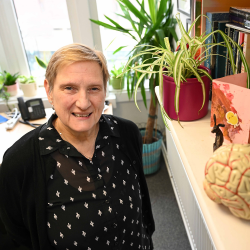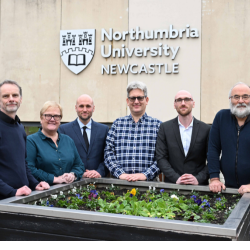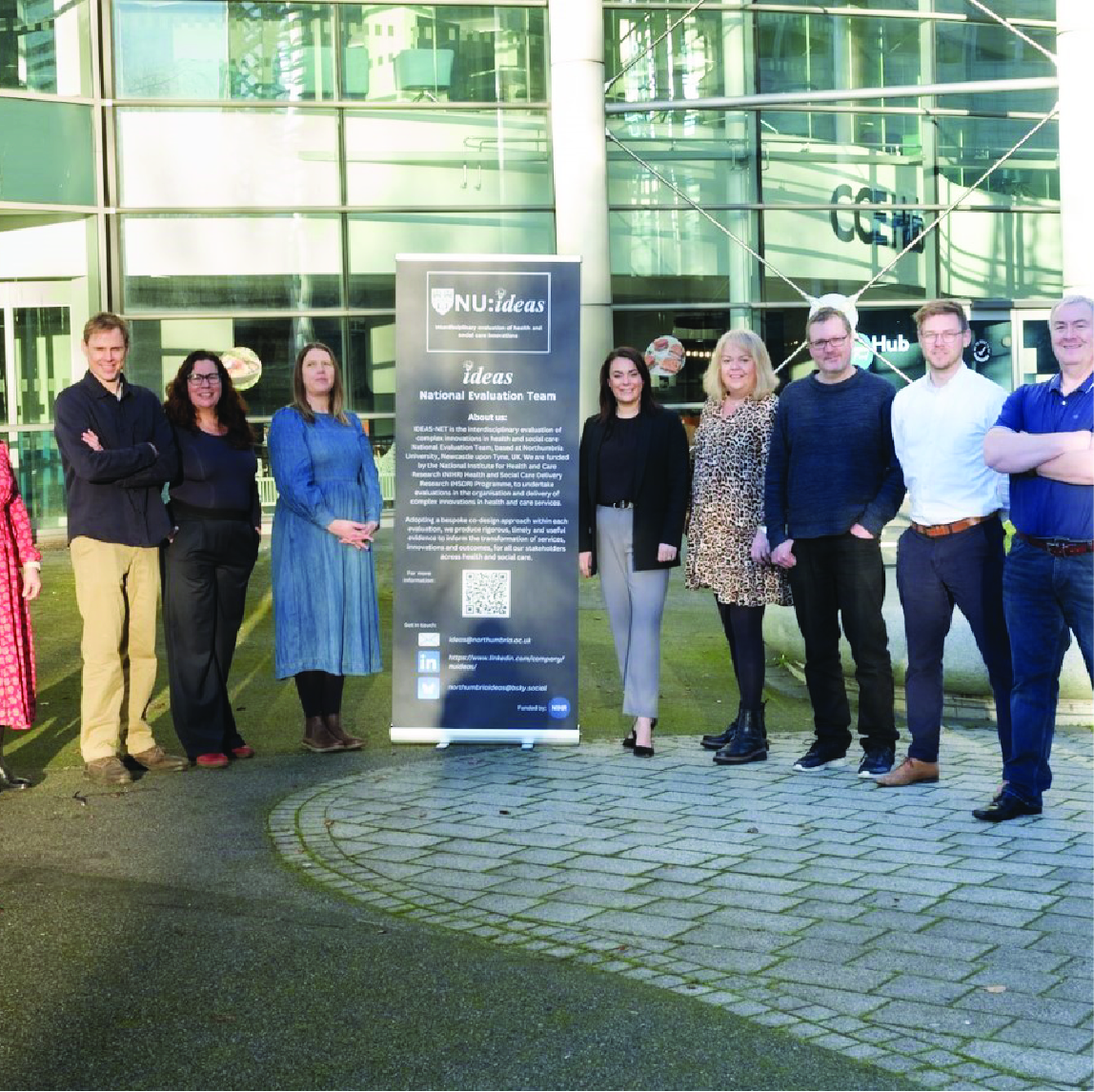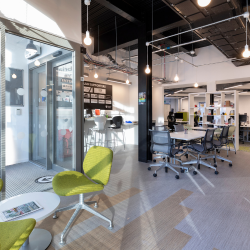-
Study
-
Quick Links
- Course Search
- Unlock Your Potential
- Still time to Apply
- Higher and Degree Apprenticeships
- Continuing Professional Development
- Still time to apply
-
Undergraduate
- Course Search
- Application Guides
- UCAS Exhibitions
- Foundation Years
- Fees and Funding
- School & College Outreach
- Information for Parents
-
Postgraduate
- Course Search
- Application Guide
- Postgraduate Research Degrees
- Flexible Learning
- Fees and Funding
- Change Direction
- Register your Interest
-
Student Life
- Students' Union
- The Hub - Student Blog
- Accommodation
- Northumbria Sport
- Support for Students
-
Experience Northumbria
- Open Days & Events
- Virtual Tours
- Campus Tours
- Life in Newcastle
-
-
International
International
Northumbria’s global footprint touches every continent across the world, through our global partnerships across 17 institutions in 10 countries, to our 277,000 strong alumni community and 150 recruitment partners – we prepare our students for the challenges of tomorrow. Discover more about how to join Northumbria’s global family or our partnerships.
View our Global Footprint-
Quick Links
- Course Search
- Undergraduate Study
- Postgraduate Study
- Information for Parents
- London Campus
- Northumbria Pathway
- Sign up for Information
-
International Students
- Information for Students
- International Events
- Application Guide
- Entry Requirements and Education Country Agents
- Global Offices
- English Requirements
- English Language Centre
- International student support
-
International Fees and Funding
- International Undergraduate Fees
- International Undergraduate Funding
- International Masters Fees
- International Masters Funding
- International Postgraduate Research Fees
- International Postgraduate Research Funding
-
International Partners
- Agent and Representative Network
- Global Partnerships
- Global Community
-
International Mobility
- Information for Northumbria Students
- Information for Incoming Exchange Students
-
-
Business
Business
The world is changing faster than ever before. The future is there to be won by organisations who find ways to turn today's possibilities into tomorrows competitive edge. In a connected world, collaboration can be the key to success.
More on our Business Services -
Research
Research
Northumbria is a research-rich, business-focused, professional university with a global reputation for academic quality. We conduct ground-breaking research that is responsive to the science & technology, health & well being, economic and social and arts & cultural needs for the communities
Discover more about our Research -
About Us
-
About Northumbria
- Our Strategy
- Our Staff
- Place and Partnerships
- Leadership & Governance
- Academic Departments
- University Services
- History of Northumbria
- Contact us
- Online Shop
-
-
Alumni
Alumni
Northumbria University is renowned for the calibre of its business-ready graduates. Our alumni network has over 246,000 graduates based in 178 countries worldwide in a range of sectors, our alumni are making a real impact on the world.
Our Alumni - Work For Us
What will I learn on this module?
This module introduces students to fundamental knowledge in thermodynamics, statistical mechanics and nuclear physics with a focus on transferable skills through problem solving using mathematical modeling. This module also offers the opportunity to analyse nuclear energy power generation and environmental issues in a policy and wider sustainability context, strengthening students’ professional skills and values.
Classical Thermodynamics
Zeroth, first and second laws of thermodynamics, temperature scales, thermal energy and work, internal energy and heat capacity. Classical gas laws. Specific heat, thermal resistance and capacitance and dynamic thermal models of structures such as domestic properties. Thermal cycles, including Carnot, Rankine and Otto cycles; applications to heat engines and heat pumps. Thermodynamic efficiency of heat engines. Entropy, Enthalpy and Helmholtz and Gibbs free energies. Maxwell Relations and Thermodynamic Susceptibilities.
Statistical Mechanics
Kinetic theory of gases; derivation of gas laws, specific heat, and mass, momentum and energy transport coefficients. Statistical mechanical interpretation of entropy. Single and multiple-particle partition function and its relation to thermodynamics. Probability distributions, including Maxwell-Boltzmann, Fermi-Dirac and Bose-Einstein distribution functions.
Nuclear Energy
The structure of the nucleus, zone of stability and simple nuclear models. Both natural and artificially induced radioactivity, including alpha, beta and gamma radiation. Nuclear fission and nuclear reactors. Nuclear fusion including an introduction to solar nuclear processes and current and future nuclear reactors. Nuclear instrumentation. Nuclear safety.
Nuclear and Thermal Power Sources and their effect on the environment
Thermodynamic efficiency, losses, overall effect on society, Sankey diagrams and simple modelling tools such as the McKay 2050 pathways calculator.
How will I learn on this module?
The learning strategy of this module is based on a combination of lectures, seminars and independent study assisted by technology-enhanced resources. Lectures give a formal introduction to theoretical aspects of thermal and nuclear physics, supported by worked examples, formative quizzes, and research-led case studies. Seminars provide a hands-on approach to tackling problems through mathematical formulation including the use of exact, heuristic and scaling models as problem-solving strategies. Seminars offer the additional opportunity to apply concepts from thermal and nuclear physics to other subjects, thus strengthening the students’ transferable skills and employability. Students are provided with formative feedback to problems in seminars and have the opportunity to solve problems within peer groups.
Summative assessment is composed of a group assignment (worth 30% of the module mark) and a closed book written examination (worth 70% of the module mark). As part of the assignment, you will bridge concepts in thermal and nuclear physics. Feedback is provided both individually and in class discussions to help students improve and promote dialogue around the assessment. The examination requires students to analyse and solve problems using both mathematical and conceptual arguments.
Independent study is supported by technology-enhanced resources provided via the e-learning portal, including lecture notes, e-handouts, sample problems and past-paper questions. Interactive quizzes targeted at a conceptual understanding present the student with an opportunity to assess their grasp of concepts in thermal and nuclear energy with immediate feedback.
How will I be supported academically on this module?
Lectures will be the main point of academic contact, offering the student with a formal teaching environment for core learning. Seminars will provide students with opportunities for critical inquiry and exchanges.
Outside formal scheduled teaching, students will be able to contact the module team (module tutor, year tutor, programme leader) either via email or the open door policy operated throughout the programme.
Further academic support will be provided through technology-enhanced resources via the e-learning portal. Students will have the opportunity to give their feedback formally through periodic programme committee meetings and directly to the module tutor at the end of the semester.
What will I be expected to read on this module?
All modules at Northumbria include a range of reading materials that students are expected to engage with. Online reading lists (provided after enrolment) give you access to your reading material for your modules. The Library works in partnership with your module tutors to ensure you have access to the material that you need.
What will I be expected to achieve?
Knowledge & Understanding:
• Explain the differences between the classical and statistical mechanics formulation of Thermodynamics
Intellectual / Professional skills & abilities:
• Solve problems involving well known statistical distributions (e.g. Maxwell-Boltzmann, Fermi-Dirac and Bose-Einstein)
• Apply concepts in Thermal and Nuclear physics to understand research-orientated problems
Personal Values Attributes (Global / Cultural awareness, Ethics, Curiosity) (PVA):
• Evaluate and discuss sustainability, government policy and technical challenges associated with conventional and nuclear power generation
How will I be assessed?
SUMMATIVE
1. Assignment (30%) – KU1, PVA1
2. Examination (70%) – ISA1, ISA2
FORMATIVE
1. Seminar problems ISA1, ISA2
2. Online quizzes KU1, PVA1
Feedback is provided to students individually and in a plenary format both written and verbally to help students improve and promote dialogue around the assessment. Online feedback is also provided immediately.
Pre-requisite(s)
N/A
Co-requisite(s)
N/A
Module abstract
How matter is structured and how it evolves are fundamental aspects of Physics that shape our modern energy-hungry society. In this module you will learn and apply fundamental concepts in Thermal and Nuclear Energy. From the structure of the atom to the statistical behaviour of many-particle systems, the content of the module is often illustrated in the wider research context of Physics, linking to everyday-life applications. To support your learning via technology-enhanced formative assessment, you will use electronic problem sets and discuss them in seminars. You will test your learning via a 70% summative exam, and a 30% 3,000-word report exploring the bridging and wider implications of the fundamental concepts explored in lectures. The combination of fundamental knowledge and the ability to contextualise principles for energy generation will help equip you with a holistic view of the role of Physics in the Science and Society landscapes.
Course info
UCAS Code F3F5
Credits 20
Level of Study Undergraduate
Mode of Study 3 years Full Time or 4 years with a placement (sandwich)/study abroad
Department Mathematics, Physics and Electrical Engineering
Location City Campus, Northumbria University
City Newcastle
Start September 2025 or September 2026
All information is accurate at the time of sharing.
Full time Courses are primarily delivered via on-campus face to face learning but could include elements of online learning. Most courses run as planned and as promoted on our website and via our marketing materials, but if there are any substantial changes (as determined by the Competition and Markets Authority) to a course or there is the potential that course may be withdrawn, we will notify all affected applicants as soon as possible with advice and guidance regarding their options. It is also important to be aware that optional modules listed on course pages may be subject to change depending on uptake numbers each year.
Contact time is subject to increase or decrease in line with possible restrictions imposed by the government or the University in the interest of maintaining the health and safety and wellbeing of students, staff, and visitors if this is deemed necessary in future.
Useful Links
Find out about our distinctive approach at
www.northumbria.ac.uk/exp
Admissions Terms and Conditions
northumbria.ac.uk/terms
Fees and Funding
northumbria.ac.uk/fees
Admissions Policy
northumbria.ac.uk/adpolicy
Admissions Complaints Policy
northumbria.ac.uk/complaints









